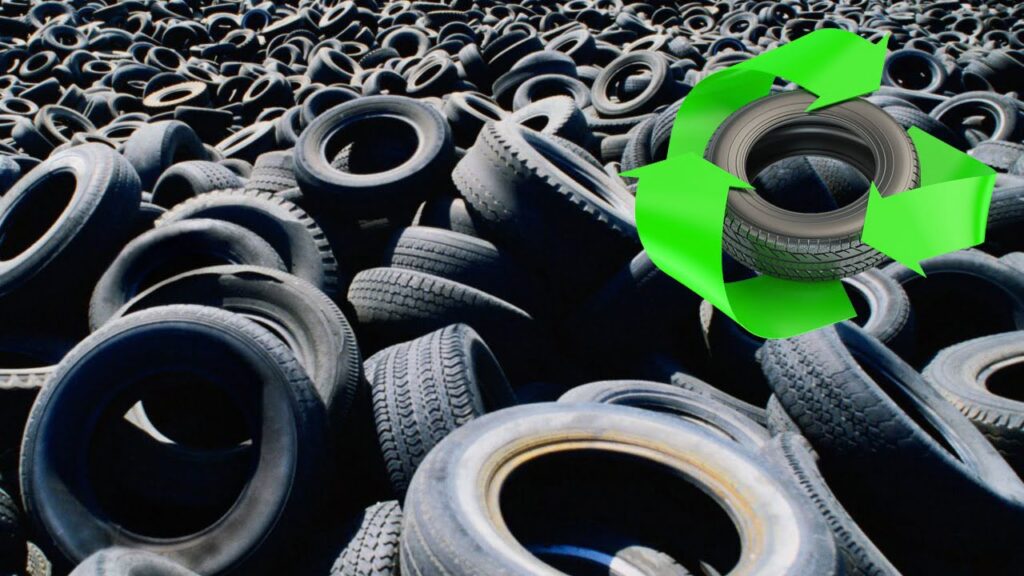Ossian Smyth, the Irish Minister of State responsible for Communications and Circular Economy (Ossian), is expanding the Extended Producer Responsibilities (EPRs) scheme. The scheme will cover all categories of tyres listed in the Tyres Regulations, 8th Regulation.
The EPR scheme currently manages the tyres from passenger cars, 4x4s and vans as well as motorcycles. It is a sustainable solution for managing waste tyres.
All tyre types will be included in the management of waste tyres, including those from buses, trucks, construction, agricultural and industrial waste.The Waste Management (Tyres and Waste Tyres) Regulations 2017, which were introduced in 2017, place obligations on those who provide tyres for the Irish market to reduce these risks. Ireland implemented an Extended Producer Responsibilities (EPR) Scheme for tyres in 2017. Circol ELT, formerly Repak ELT, is the operator of this scheme. The scheme is mandatory for all tyre manufacturers and retailers.
Circol ELT, following the success of its tyre scheme that covers motorcycle and passenger car tyres will begin industry consultations with key stakeholders in order to support the change in legislation coming soon for all tyres.
Minister Smyth commented on the extension to the tyre scheme: “The extension will ensure that all tyre types are covered by the scheme. The tyres EPR program has been very successful and allowed Ireland to surpass its domestic goals. The EPR scheme has also contributed to diverting large quantities of waste away from landfills.
The EPR scheme is an effective way to encourage a circular economy in Ireland and provides the opportunity for economic incentives to be developed to promote circular products and business models.
Circol ELT, formerly Repak ELT, was established six years ago with the task of managing end-of-life tyres. The role of Circol ELT is expanding to include all tyres in Ireland.
Circol ELT collects and treats the tyres at the end of their lifecycle.

